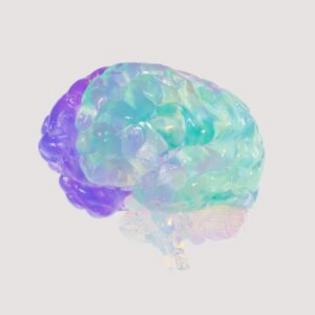The Latest On Epilepsy And Medical Marijuana
Published in Cannabis Daily
Life can be rough managing this disease, but here is the latest on epilepsy and medical marijuana
Epilepsy is one of the most common neurological conditions in the world, affecting an estimated 50 million people globally and 3.4 million in the United States alone, according to the World Health Organization and the CDC. It causes recurring, unprovoked seizures and can severely impact quality of life. Despite the availability of numerous anti-seizure drugs, about 30% of epilepsy patients are drug-resistant, meaning their seizures remain uncontrolled. This treatment gap has led many patients and researchers to explore alternative therapies, here is the latest on epilepsy and medical marijuana. Epidiolex (also known as Epidyolex in Europe) is the first FDA-approved cannabis-derived prescription medication indicated for Dravet syndrome, Lennox–Gastaut syndrome, and tuberous sclerosis complex in children aged 1 year and up. Approved in the U.S. in 2018, Epidiolex has shown significant seizure reduction in randomized clinical trials, though side effects such as sleepiness, diarrhea, and elevated liver enzymes have been reported. Notably, the drug contains no THC and does not cause psychoactive effects.
A 2024 real-world study found CBD reduced seizure frequency by over 40% in many children with drug-resistant epilepsy—not limited to the syndromes Epidiolex targets. Another 2025 study published in Neuroscience reported seizure-free outcomes in 19 patients using full-spectrum cannabinoid oil. Research from NYU Langone Health has helped clarify how CBD may work: by disrupting specific pathways in the brain linked to neuronal hyperexcitability and seizure activity. These include modulation of calcium ion channels, adenosine signaling, and inhibition of certain inflammatory responses. The American Academy of Neurology (AAN) supports increased research into cannabis-based treatments for neurological conditions, including epilepsy. The Epilepsy Foundation also endorses the careful use of pharmaceutical-grade CBD for rare forms of epilepsy and highlights ongoing studies like the CARE-E pediatric clinical trial in Canada. Unregulated CBD or THC products may contain inconsistent dosages or contaminants. THC-rich products, in particular, can exacerbate seizures or cause psychiatric side effects in sensitive individuals. Experts recommend using only physician-guided, lab-tested formulations for epilepsy. While Epidiolex represents a major milestone for CBD in epilepsy treatment, broader use of medical marijuana must be guided by evidence and medical supervision. As research evolves, cannabinoid-based therapies may offer real hope to those with drug-resistant epilepsy.
The Fresh Toast is a daily lifestyle platform with a side of cannabis. For more information, visit www.thefreshtoast.com.
























Comments